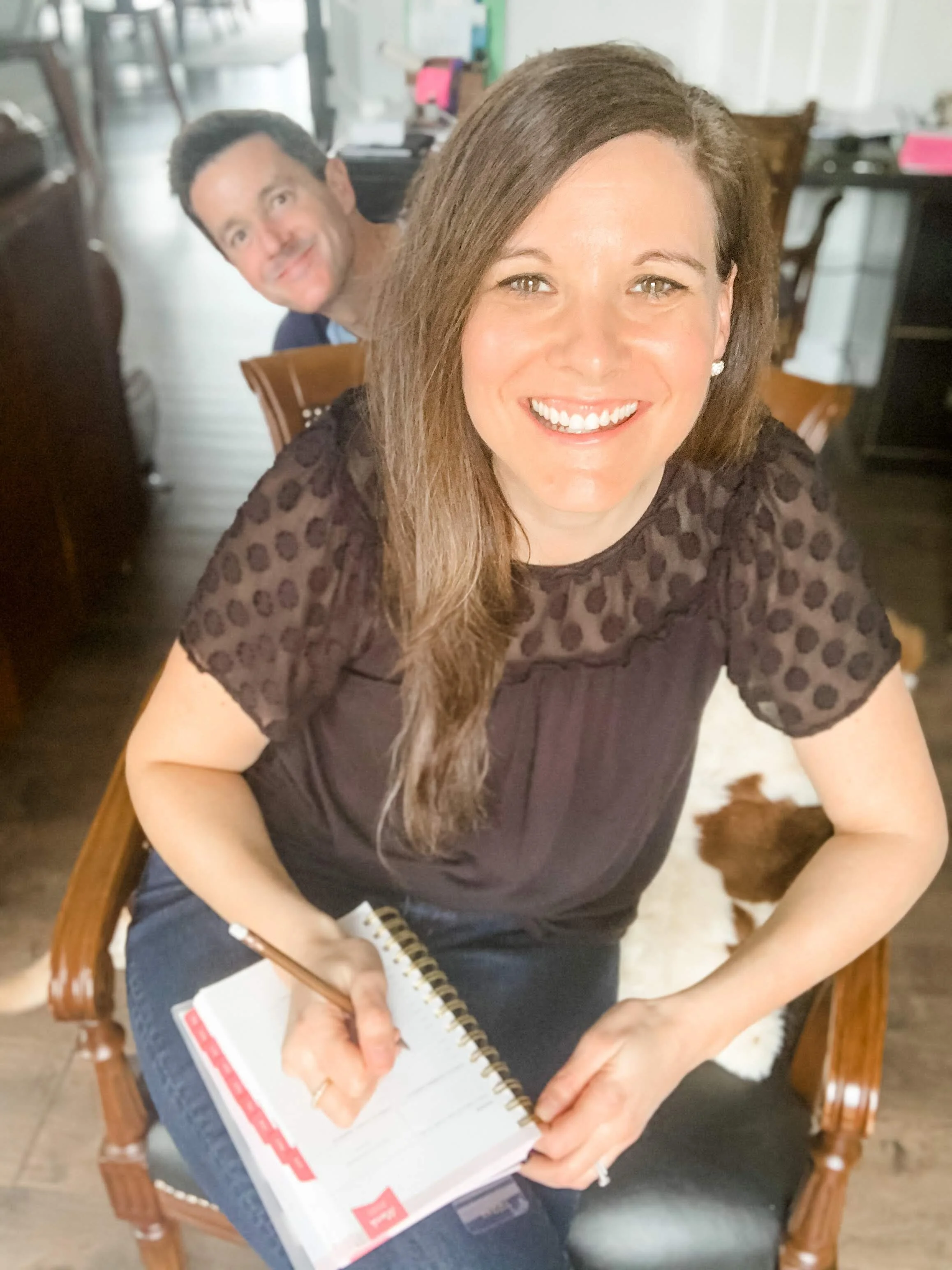How To Survive Quarantine When You Live In A Busy House As A Highly Sensitive Person (HSP)
Munch, munch, munch. Jaw crack. Jaw crack.
STOP!
Noise sensitivity is a very real thing for an HSP.
Adam’s TMJ jaw popping is like hearing nails screech on a chalkboard.
When it’s hard to block out the sounds around me, this is a sign I’m on sensory overload.
It happens when I’m stressed, tired and hungry.
As an introverted Highly Sensitive Person (HSP) sheltering in at home with roommates, a partner or your family, you want to run and hide at least some of the time.
Not only from the noise, but because you can feel stress, impatience, irritability and anxiety hanging in the air.
Everyone is irritated and bickering over silly things to blow off steam. And unresolved issues keep coming up, so you’re butting heads over and over.
Either way, you’re ready to find some peace and quiet amidst it all.
Here are 11 ways to increase moments of calm in your space.
1.Look for a pattern. Are there certain parts of the day that always leave you feeling on edge and irritated? Are there one or two simple things you could change to improve those moments? For example, before dinner when everyone is tired and hungry. If you trip all over other people in the kitchen, change your routine so you have time in there alone. Cook earlier or later. As an HSP, you’re good at reading a situation and noticing what’s going on around you. Use that strength to your advantage to find a solution.
2. Prevent and intervene early. Once you know the kinds of things that are causing conflict, learn to spot the early signs of a breakdown and try to disrupt the pattern early. For example, if I’m hangry, when I first notice it, I’ll tell Adam that I need some food because my blood sugar is dropping. Then I try to remember to keep quiet, otherwise words will fly out of my mouth that I’ll regret. Adam knows to steer clear of me for a bit and to let me eat a few bites and then I’ll be able to be pleasant again.
3. Have a productive conversation about it. Talk about how you’re feeling and make a request about what you need. It’s better to make a direct request than to just complain. “I’m feeling overwhelmed by all the activity in the kitchen when I’m trying to get dinner ready.” “Let’s come up with a schedule for using the kitchen.” Rather than, “You’re always up in my grill when I’m trying to cook. You’re driving me crazy”. Be solution focused. If you’re looking for an opportunity to vent and blow off steam, you’re not in a place to be productive. On the other hand, if you’re living in a house where people are ignoring each other and you’re walking on eggshells, that’s very draining. Read my post here about how to have hard conversations as an HSP. It addresses this dynamic and is a must read.
4. Accept responsibility for your part. Family, friends and roommates argue. It’s human nature. One thing that’s important is to break the tension to repair and reconnect afterwards. If your partner makes a joke to lighten the mood, that’s an attempt to make things right again. It’s a good sign. And it’s your opening to say you’re sorry or accept an apology.
5. Have a space of your own. Create your own cozy nook. Your cave. A space of refuge. If you have an open concept house, it’s important to have a spot to retreat to with a door.
6. Front load your day with self-care. Start the day with inner serenity and you will respond more mindfully to whatever comes your way. Meditate, exercise, read inspirational poetry, or take a walk in the woods in the morning.
7. Educate your extroverts. Oh boy. If you’re an introverted HSP, the pressure to interact with extroverts is taxing. I lived with an extroverted boyfriend who was as worn out by staying in as I was by going out. His need for socialization was massive. You may start to feel guilty and “less than” for not being able to keep up. Then the guilt drains you too. Talk about your different needs and set expectations that you both can live with. Encourage the other person to find other ways to get their social needs met. And develop a sign that you’re DND; “If I’m wearing my headphones, it means I’m worn out and need quiet time.” Reinforce that you care about them and stress that it’s not personal.
8. Keep a book with you and read. A study reported by The Telegraph showed that 6 minutes of reading reduces heart rate and eases muscular tension by 68% percent. Reading forces you to be present in the moment with the words on the page. You leave your stress behind to focus. Be the person who always has their nose in a book rather than the one who is always impatient and cranky.
9. Reduce your overall sensory load. Eating sweets and simple carbs can tank your blood sugar, making you more impatient, jumpy and noise sensitive. It’s not the time to be blasting the TV with surround sound. If the TV must stay on, at least lower the volume or mute the commercials. When you can’t shut it off, see the next tip.
10. Wear noise cancelling headphones. When you’re overwhelmed and you can’t escape, this is the perfect time to grab those noise cancelling headphones or any you have laying around. Play white noise, beach sounds or nothing at all. Just having them in my ears sets me on a path to increased inner calm.
11. Set the expectation of daily DND hours. Give your people a heads up early that you’ll be unavailable between certain times. And then that’s your time for self-care. If you’re parenting young kids, coordinate this with your partner ahead of time.
The secret to living in a busy house as an HSP
Try to spot signs you’re overwhelmed early so you can plant your nose in a book or pop on those headphones.
If you need downtime and self-care, ask for what you need. Otherwise, you’ll end up worn out, frustrated and feeling misunderstood.
Find the peace and quiet you need to recharge so you make it to the end of the pandemic stronger than before.
Your Turn
Leave a Comment
What’s your favorite way to recharge living in a house full of people? Leave a comment and be specific. You may inspire someone else.



